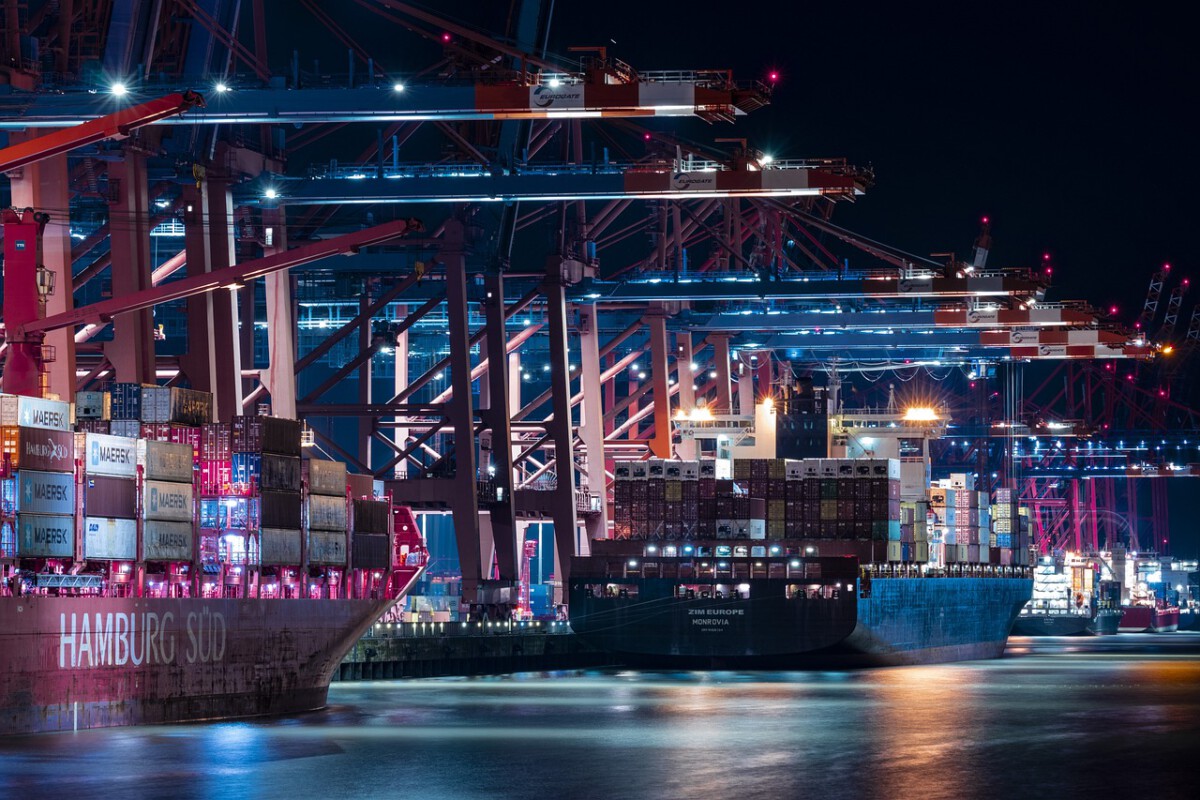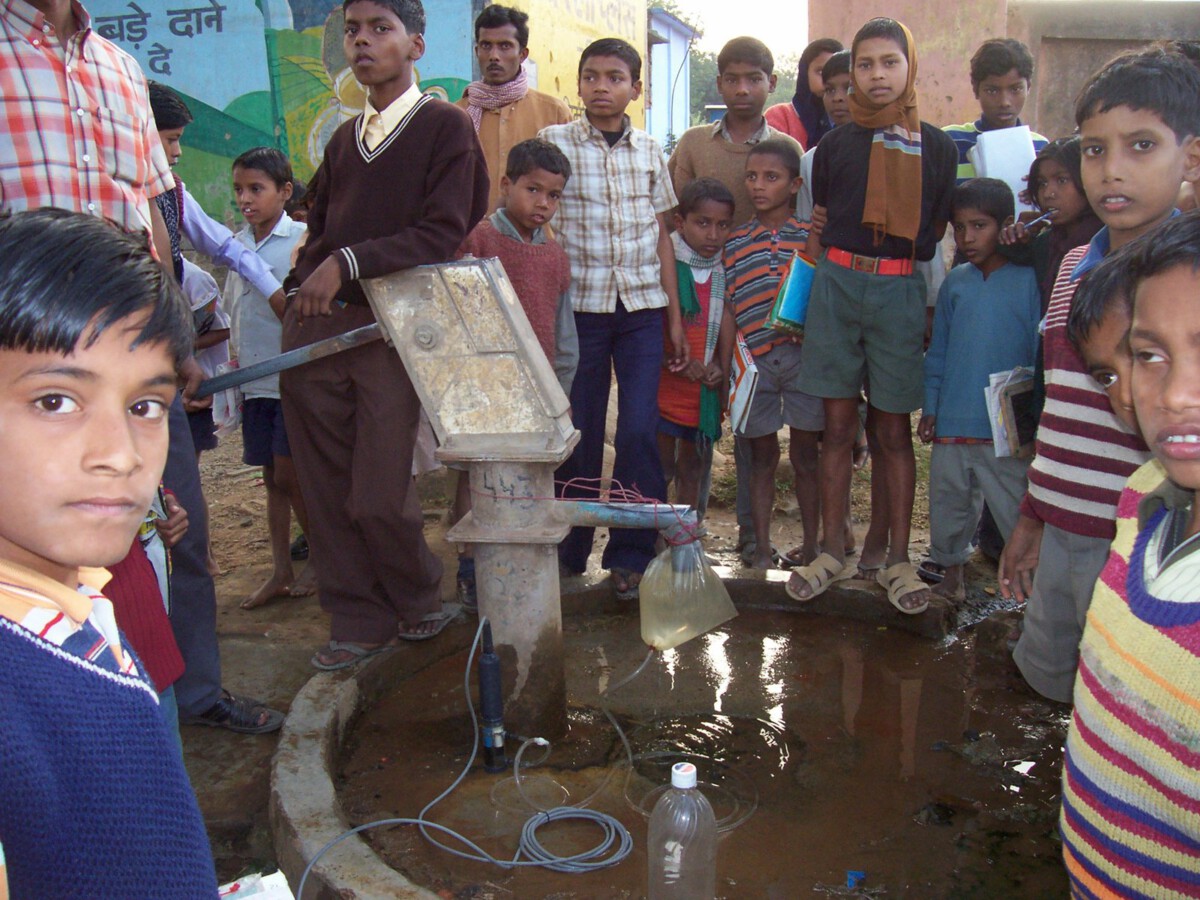The automotive industry is a cornerstone of the American economy, and any changes in tariffs can send shockwaves through states heavily invested in manufacturing and production. The recent imposition of new tariffs has left many states bracing for significant impacts. This article delves into the top 10 states most affected, exploring how they are preparing to weather the storm.
Michigan: The Heartbeat of the Auto Industry

Michigan is synonymous with the American auto industry. Home to Detroit, also known as the “Motor City,” Michigan hosts some of the largest automakers in the world, including Ford, General Motors, and Stellantis. The new tariffs pose a direct threat to this state, potentially increasing production costs and affecting employment rates. Companies are scrambling to find ways to offset these costs, whether by cutting expenses elsewhere or considering price hikes. The state’s economy is heavily reliant on the auto sector, making the stakes incredibly high. Michigan’s response will likely set a precedent for other states grappling with similar challenges.
Ohio: A Crucial Player in Auto Manufacturing

Ohio is another powerhouse in the auto manufacturing landscape, with a robust network of factories and suppliers. The tariffs could lead to increased costs for raw materials, which would trickle down to consumers. Ohio’s auto industry is not just about manufacturing; it also includes a wide array of suppliers who could be hit hard. The state government is working closely with industry leaders to mitigate potential job losses and economic downturns. Ohio’s experience highlights the interconnectedness of the auto industry, where changes in one area can ripple across the entire supply chain.
Indiana: A Hub for Auto Parts

Indiana has established itself as a critical hub for auto parts manufacturing. The new tariffs threaten to disrupt this delicate ecosystem by increasing the cost of imported components. Indiana’s factories could face significant challenges in maintaining their profit margins, leading to potential layoffs. The state is actively seeking solutions, such as negotiating with international partners or investing in local alternatives. This situation underscores the importance of adaptability in the face of global economic changes.
Tennessee: The Rising Star

Tennessee has emerged as a rising star in the auto industry, attracting major investments from companies like Nissan and Volkswagen. However, the new tariffs could jeopardize this growth trajectory. The state’s economic development teams are working tirelessly to reassure investors and maintain the momentum. Tennessee’s experience serves as a cautionary tale for other states looking to expand their auto industries in an unpredictable global market. The focus is on innovation and resilience, ensuring that the state can weather any economic storms.
Kentucky: The Home of American Icons

Kentucky is home to iconic brands like Toyota and Ford, making it a vital player in the auto industry. The imposition of tariffs could lead to increased costs for these companies, potentially affecting their competitiveness. Kentucky’s government is keenly aware of the stakes and is exploring various strategies to support the industry. This includes potential tax incentives and workforce development programs to ensure that the state remains an attractive destination for auto manufacturers. Kentucky’s proactive approach highlights the importance of government-industry collaboration in navigating economic challenges.
Alabama: A Newcomer with Big Ambitions

Alabama is a relatively new entrant in the auto industry but has quickly made a name for itself with significant investments from companies like Mercedes-Benz and Honda. The new tariffs pose a unique challenge for Alabama, as the state is still in the process of establishing itself as a major player. The focus is on building a resilient supply chain and fostering innovation to counteract the potential negative impacts. Alabama’s experience illustrates the challenges faced by emerging markets in a volatile global economy.
South Carolina: A Leader in Automotive Exports

South Carolina is a leader in automotive exports, with BMW and Volvo making significant contributions to the state’s economy. The new tariffs could disrupt this export-oriented model, leading to potential losses in revenue and jobs. The state is actively seeking ways to diversify its markets and reduce dependency on any single region. South Carolina’s response is a testament to the importance of strategic planning and adaptability in maintaining a competitive edge in the global market.
Texas: A Diverse Automotive Ecosystem

Texas boasts a diverse automotive ecosystem, ranging from manufacturing to research and development. The new tariffs could impact various sectors within the state, leading to a complex set of challenges. Texas is leveraging its vast resources and innovative spirit to explore new opportunities and mitigate potential losses. The state’s experience highlights the importance of a diversified economy in navigating global economic shifts.
Georgia: A Growing Automotive Hub

Georgia is rapidly becoming a hub for the automotive industry, attracting investments from companies like Kia and Porsche. The new tariffs could pose a threat to this growth, but Georgia is committed to maintaining its upward trajectory. The state is focusing on building a skilled workforce and investing in infrastructure to support the industry. Georgia’s proactive approach serves as a model for other states looking to expand their auto sectors in an uncertain economic climate.
Mississippi: The Underdog with Potential

Mississippi may not be the first state that comes to mind when thinking of the auto industry, but it has shown significant potential with investments from companies like Nissan and Toyota. The new tariffs could present challenges, but Mississippi is determined to rise to the occasion. The state is focusing on building partnerships and investing in technology to ensure long-term success. Mississippi’s journey is a reminder that even the underdogs can make a significant impact with the right strategies and determination.






